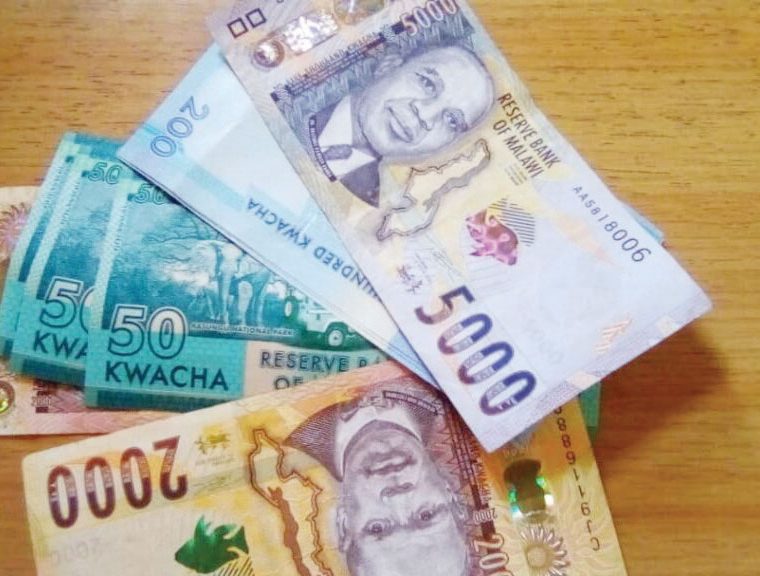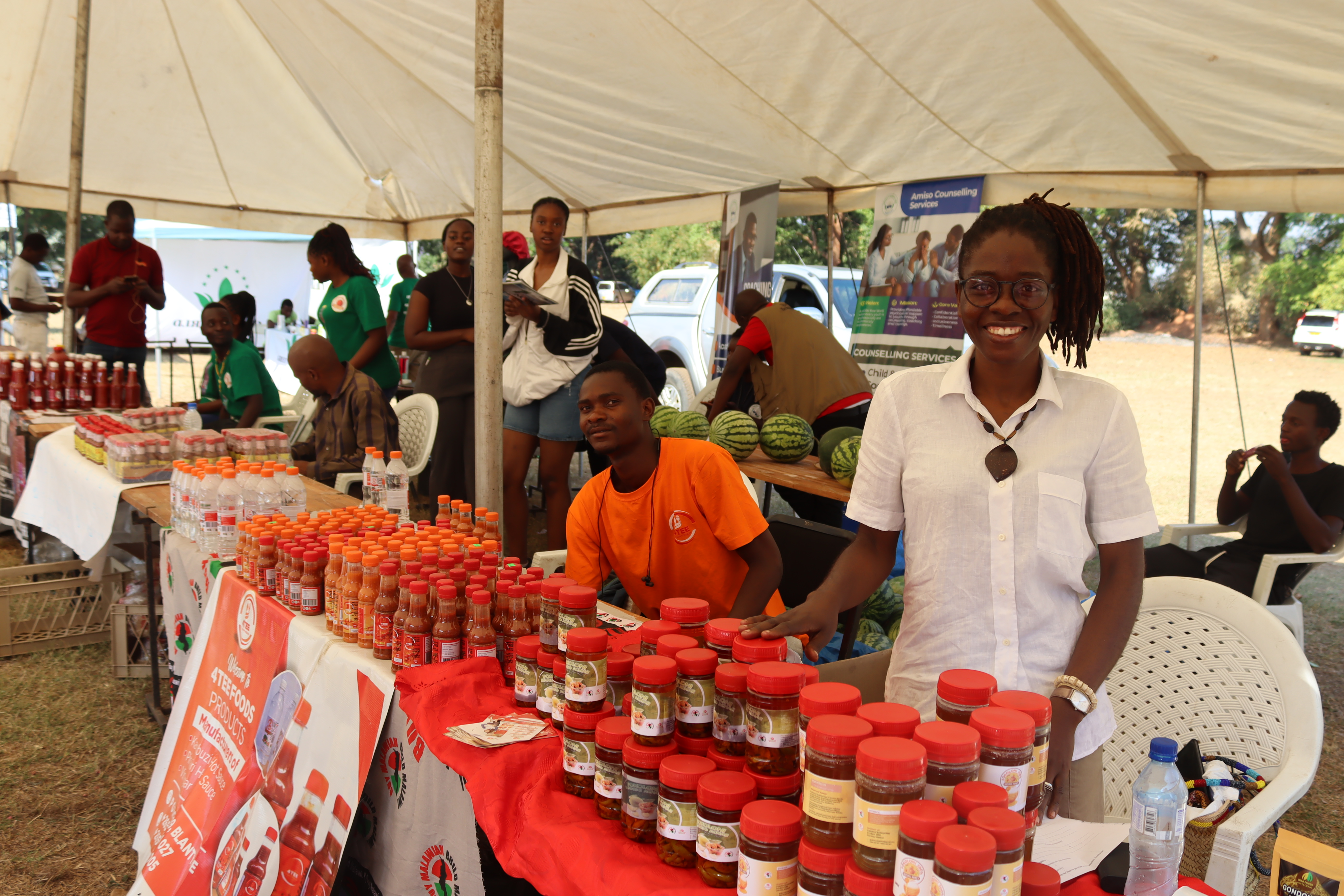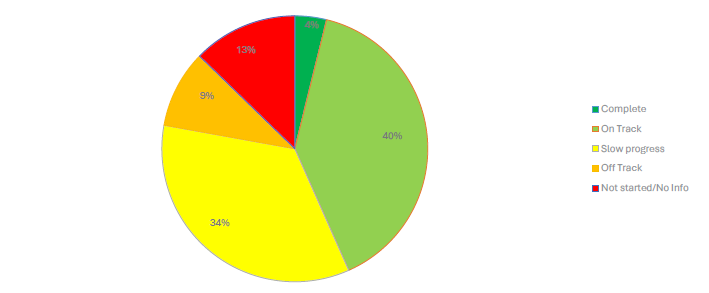Business captains from various sectors of the Malawi economy met on Tuesday 21 November 2023 to agree on the next steps following the devaluation of the Malawi Kwacha by 44 percent on 8 November 2023.
The discussion centered on industry preparedness and response to the changing macroeconomic landscape following this development and pronouncements made by the Minister of Financed Economic Affairs in the mid-year budget statement made on 20 November 2023.
Edith Jiya, Public Private Dialogue Forum Co-Convener, who is also Group Chief Executive Officer of Old Mutual Malawi, called for the dialogue to create a platform for the exchange of views on how the private sector players needed to adjust to these seismic developments in the economy.
The more than 20 businesses and associations that met virtually covered several critical issues including the need to review of the minimum wage, currently at K50,000 per month, to cushion employees who are paid this basic pay, the Reserve Bank’s role in providing foreign exchange liquidity in commercial banks, and addressing foreign leakages that promote the parallel foreign exchange market.
Participants agreed that businesses needed to consider reviewing wages for employees in the lower echelons of their pay scale in their respective industries to address economic pressures heaved on this category by the devaluation. However, they also emphasized the need to maintain a fair balance between employee compensation and business sustainability.
Considering the reasons for the devaluation, of the Kwacha, the industry captains urged caution on the wage cost in response to the devaluation, observing that an exaggerated increase in wages could defeat the core objective of the alignment of the currency and inflation management.
This was also cognizant of the fact that such wage increases would call for the businesses to pass on the cost through price increases which would ultimately create inflationary pressures in the economy, consequently such wage increases would just be nominal and not yield a real increase in the wages.
The businesses also pointed out the need for the Reserve Bank of Malawi to ensure that there is foreign exchange availability in commercial banks to counter the reoccurrence and surge of foreign exchange trade in the parallel market.
The participants further noted the need for sums insured to be revised upwards as any loss would not be fully compensated following the devaluation. It was also observed that upward adjusted values would entail a large proportion being reinsured with outside reinsurance companies.
Given that a Non-Resident Tax (NRT) of 15 percent applies on all reinsured sums (just as it applies on all charges for services contracted from outside Malawi), the meeting noted that there would be an increased burden on domestic insurance companies hence underscored the need to abolish NRT by the authorities.
The meeting additionally noted that some commodity prices, such as ethanol and telecommunication services, are regulated yet they have within their price build-up foreign inputs and have since been negatively affected by the devaluation. Consequently, the participants requested regulators in the respective sectors to consider reviewing such prices.
Observing that works agreements, including construction contracts, especially fixed price contracts would also be affected, the industry captains called upon government to be flexible and allow revision of prices of such contracts, although the terms of the contracts do not provide for that, highlighting failure to do such would otherwise see the contracts abandoned.
The industry players also considered the need for business entities to explore opportunities for generating foreign exchange, for instance, through promoting tourism, engaging in regional trade exhibitions, and plugging into international value chains to help increase foreign exchange inflows and reduce reliance on donor sources.
The recent devaluation follows a 25 percent drop in the Kwacha’s value in May 2022, which the RBM said was needed to realign the exchange rate with economic fundamentals then.





